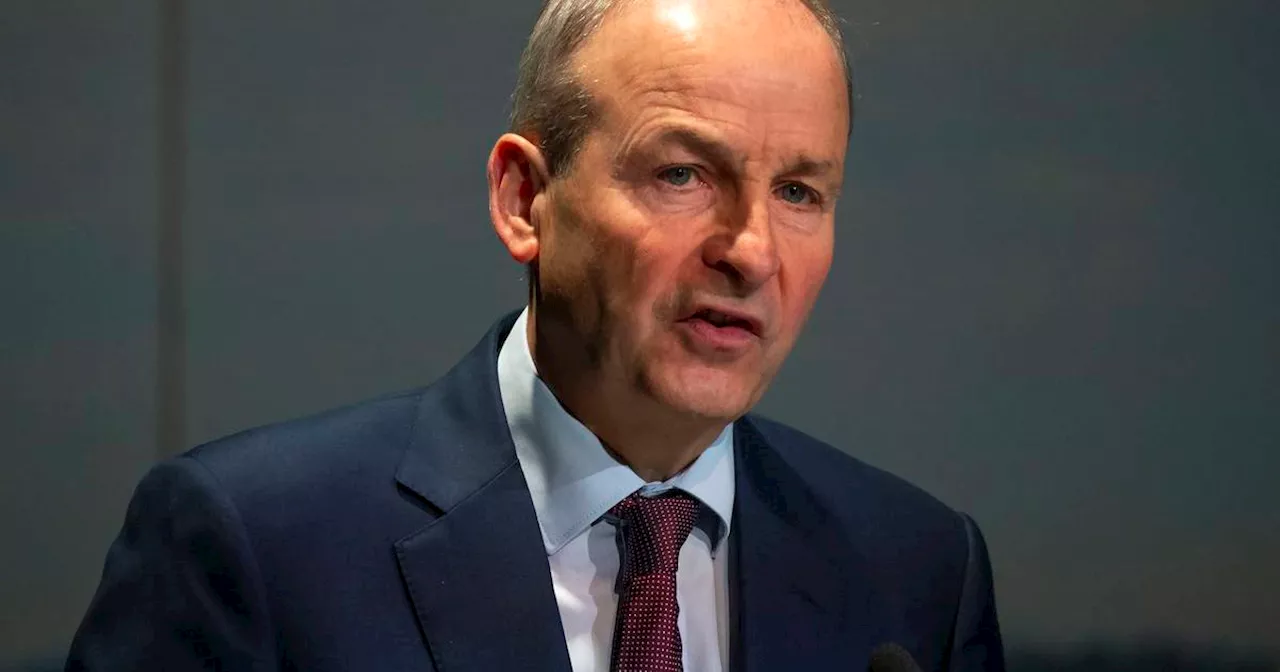The dystopian landscape of Gaza reflects a desperate lack of hope that this calamity can end soon.
In 2009, Benjamin Netanyahu delivered a passionate affirmation of the Middle East peace process at the Bar-Ilan University in Tel Aviv:"In my vision of peace, there are two free peoples living side by side in this small land, with good neighbourly relations and mutual respect, each with its flag, anthem and government, with neither one threatening its neighbour's security and existence.
Yet, calls for a revival of a Middle East peace process, based on the two-state solution, have never been more passionately - or desperately - proclaimed. The Jerusalem Post reported Mr Netanyahu admitting as much in private comments to his Likud Party in March 2019. This strategy appeared to be working. The relationship between Israel and the Iran-backed Hamas erupted into war every couple of years, but nothing resembling a full-scale escalation.
This was done in plain sight. In the 2022 legislative elections, Mr Netanyahu invited two extreme right religious nationalist parties - the Religious Zionist Party and the Jewish Home Party - into a governing coalition, giving the leader of the former, Bezalel Smotrich, special powers within the defence and finance ministries.
Mr Smotrich’s essay may not have been simply the freelance thinking of an extremist politician in opposition. According to the survey, 84% of both Palestinians and Israeli Jews regard themselves as an exclusive victim, while 90% of Palestinians and 63% of Israeli Jews believe their suffering grants them a moral right to do anything they deem necessary for survival.
Ironically, Palestinians living in Gaza are historically more likely to have supported the two-state solution. Yet, with all sides drifting to the extremes, even before 7 October, reviving the two-state peace process seems like a Herculean struggle.All sides seem sure that the status quo is no longer tenable. Israelis are almost certain to demand an election after the calamity of 7 October and there are likely to be penetrating inquiries into the political and security failures going back years.
Ultimately, Israel rejected the plan because there would be no guarantee that radical groups, bent on Israel's destruction, would not use the withdrawals to embed terrorist bases on evacuated territory. The cost of protecting so many isolated Jewish settlements in the West Bank will therefore become a problem for Israel.
"These questions will be posed by the Israeli electorate in the election that hopefully comes after this war," says Mr Lyndon.It is impossible to gauge what state Hamas will be in after the war, and what their support levels will be.Where the Palestinian Authority and so-called Axis of Resistance fit in - Hamas, Hezbollah, Houthi rebels in Yemen, Iranian militia in Iraq, and Iran itself - will be a complicated issue.
Ireland Latest News, Ireland Headlines
Similar News:You can also read news stories similar to this one that we have collected from other news sources.
Israel and Gaza: what comes after the Time of WarThe dystopian landscape of Gaza reflects a desperate lack of hope that this calamity can end soon.
Read more »
 Israel-Hamas war: Blinken to meet Arab leaders over Gaza as Palestinian deaths mountIsraeli prime minister Binyamin Netanyahu rejects US calls for humanitarian pause in fighting
Israel-Hamas war: Blinken to meet Arab leaders over Gaza as Palestinian deaths mountIsraeli prime minister Binyamin Netanyahu rejects US calls for humanitarian pause in fighting
Read more »
 Scale of Israel’s bombardment of Gaza ‘disproportionate’, Tánaiste saysMicheál Martin says he believes international humanitarian law being broken in response to Hamas attacks
Scale of Israel’s bombardment of Gaza ‘disproportionate’, Tánaiste saysMicheál Martin says he believes international humanitarian law being broken in response to Hamas attacks
Read more »
 Israel-Hamas war: Pressure grows for Gaza ceasefire as conflict enters fifth weekMore than 30 killed in Israeli bombing of refugee camp, Hamas-run health ministry says; Arab nations urge US to persuade Israel to agree to a ceasefire
Israel-Hamas war: Pressure grows for Gaza ceasefire as conflict enters fifth weekMore than 30 killed in Israeli bombing of refugee camp, Hamas-run health ministry says; Arab nations urge US to persuade Israel to agree to a ceasefire
Read more »